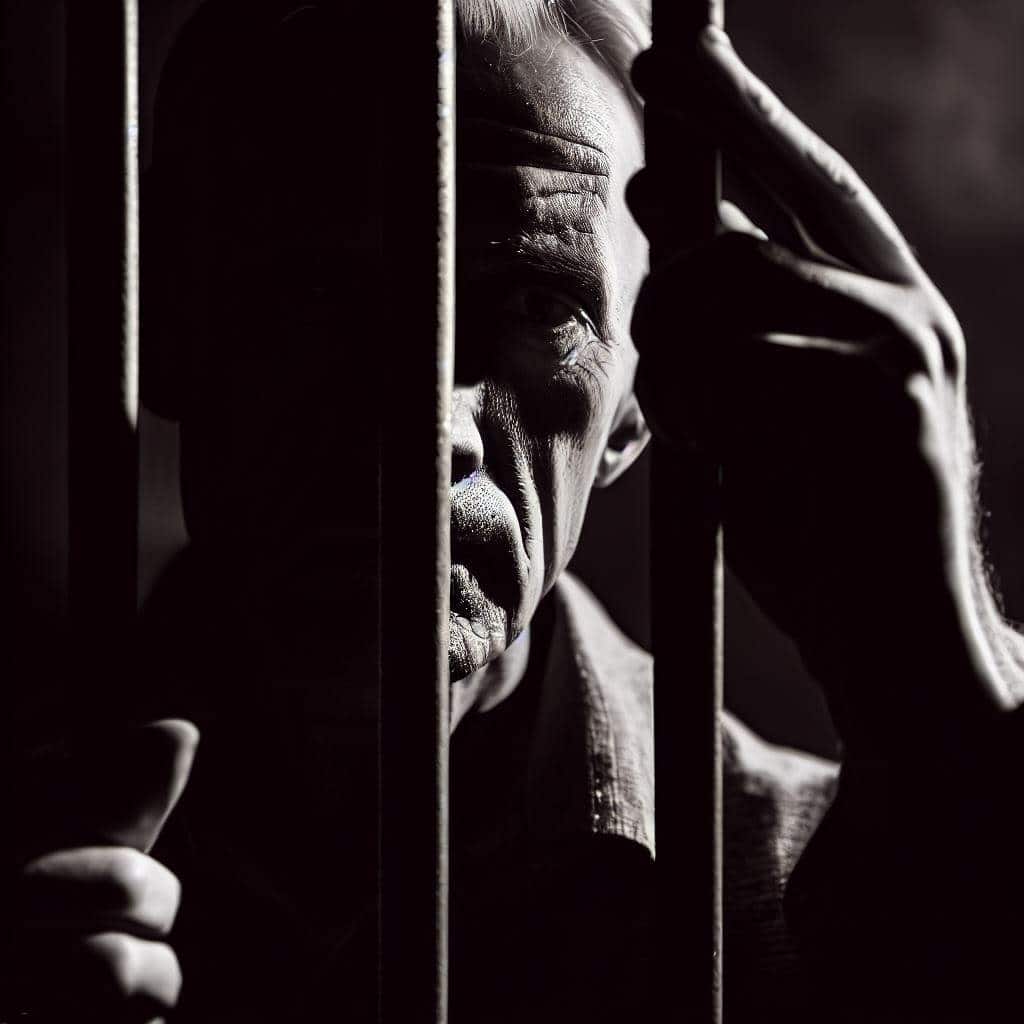Imprisoned for a Crime You Didn’t Commit
Imagine being imprisoned for a crime you didn’t commit. You’d hope that one day, the truth would set you free. Unfortunately, for Christopher Dunn, a man serving a life sentence in Missouri for a murder he did not commit, the path to freedom is tangled in a legal nightmare. In his recent article, “Is Punishing Innocent People Unconstitutional?“, Austin Sarat discusses Dunn’s case and how it is time for the Supreme Court to put an end to this injustice.
Dunn was convicted of the 1990 murder of Recco Rogers in St. Louis. Despite maintaining his innocence and having witnesses to support his alibi, his overworked public defender did little to help him, and the case rested almost entirely on the testimony of two young boys who later recanted their statements.
In 2020, Missouri Circuit Court Judge William Hickle reviewed the case and concluded that Dunn was “actually innocent.” So, why hasn’t he been set free? It’s due to a bizarre interpretation of Missouri law, which only allows people sentenced to death to bring actual innocence claims in the state’s courts.
This is where the U.S. Supreme Court comes into play. Thirty years ago, in Herrera v. Collins, the court ruled that evidence of actual innocence was “not relevant” in a petition for a writ of habeas corpus “absent some constitutional violation.” This ruling has been cited as a reason to deny relief to people like Dunn. However, much has changed since then, and the mounting evidence of wrongful convictions should prompt the court to revisit Herrera.
The Dunn case offers the Supreme Court a chance to declare that punishing innocent people is unconstitutional, regardless of the sentence imposed. While the court ponders its decision, Missouri should take responsibility for its mistake and initiate a process similar to the one that led to the release of Kevin Strickland, who was wrongfully imprisoned for 43 years.
The story of Christopher Dunn is a stark reminder of the flaws in our criminal justice system. As criminal defense lawyers, we must always be vigilant in fighting for our clients’ rights and ensuring that the innocent are not punished for crimes they did not commit. The pursuit of justice is not just about defending the accused; it’s about upholding the principles that our legal system was built upon.




